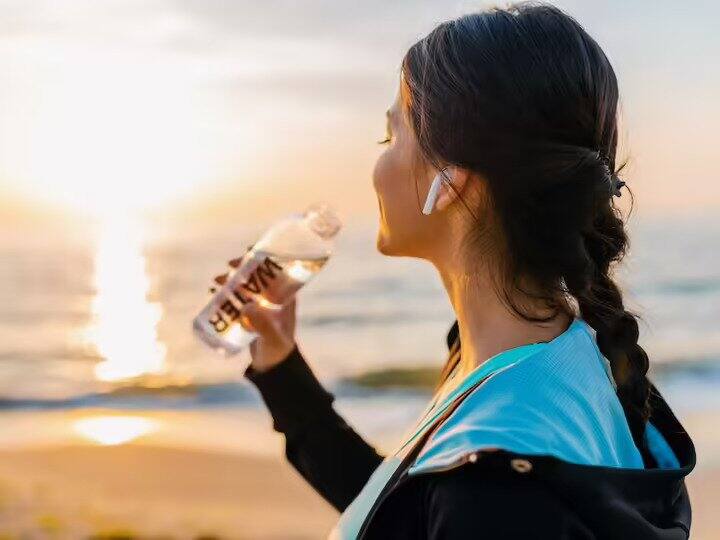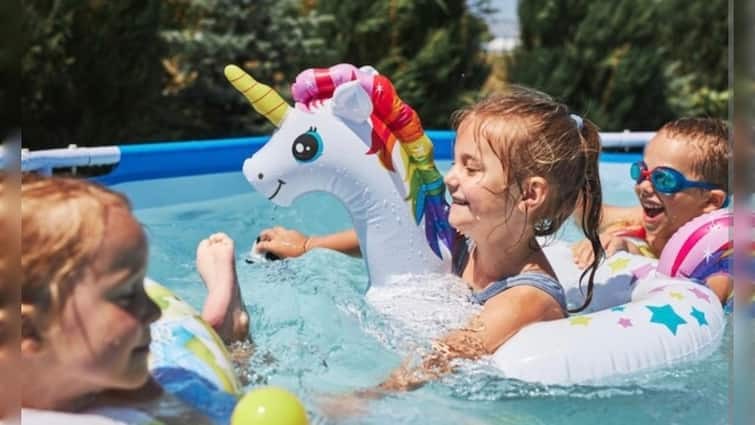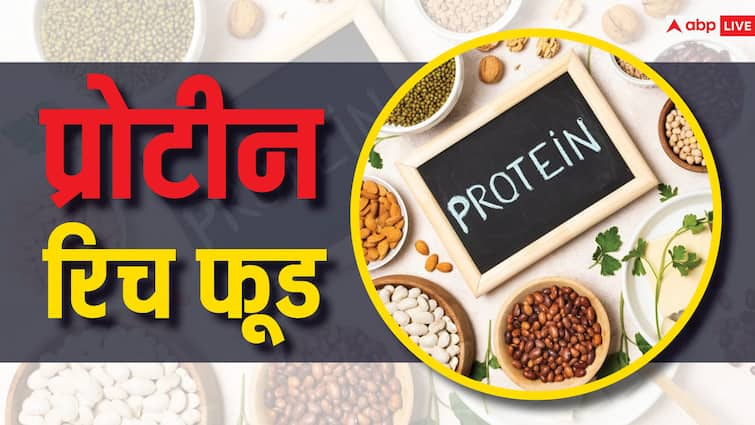Silent Dehydration: Hydration is one of the most important aspects of maintaining good health. According to a reliable source, the human body is made up of about 60% water, and this water is essential for various body functions, including regulating body temperature. It includes doing, transporting nutrients and removing waste products. In the summer season, there is a need to keep the body more and more hydrated, otherwise there is a problem of dehydration. Many symptoms are seen in this problem, such as weakness, thirst. Feeling, dry mouth or dizziness are included. If you are not feeling any of these symptoms, then it does not mean at all that you do not have the problem of dehydration. Many times the symptoms of dehydration do not come and this is called silent dehydration. Where is it?
Is silent dehydration dangerous?
Silent dehydration is very dangerous because in this situation you do not even recognize that your body needs water. Let us tell you that silent dehydration occurs when our body loses water through natural bodily functions like sweating and breathing. There is a shortage of water but the supply of water is not possible. Even if we do not feel thirsty, it can lead to dehydration. During dehydration, our body also loses essential electrolytes such as chloride potassium and sodium. It is necessary to meet this deficiency immediately, all these electrolytes are responsible for the proper functioning of our cells, if the lack of water is not met then its consequences can be fatal. Now the question is that people who have It is easy for those who feel thirsty to drink water, but for those who do not realize it, how will they overcome the lack of water. In such a situation, it is important to know how much water our body really needs.
how much water is right to drink
In general, the United States National Academies of Sciences, Engineering, and Medicine recommend 11.5 cups (2.7 liters) of water per day for women and 15.5 cups (3.7 liters) per day for men. However, this is only a guideline, and some people may need more or less water depending on their individual circumstances. If you’re really active and you sweat a lot, consider water loss through sweat. You will need to drink more water to compensate. If you live in a cold climate and are less active, you may not need as much water.
Your age is another factor that can affect how much water you need. As we get older, our bodies become less efficient at regulating water balance, which means we may need to drink more water to stay hydrated. It’s also worth noting that you The amount of water you need may differ depending on what you eat. While foods such as fruits and vegetables can contribute to your overall water intake, foods that are high in salt or sugar can dehydrate you and increase your need for water.
Tips to Stay Hydrated
- Carry a water bottle with you wherever you go. With this, you will keep drinking water throughout the day even if you do not feel very thirsty.
- Set reminder to drink water. If you are having trouble remembering to drink water, try setting a reminder on your phone or computer to drink water at regular intervals.
- Eat foods that have high water content. Like fruits and vegetables are a great source of water, so try to include them in your diet.
- Drink plenty of water before, during and after exercise.
- Pay attention to the color of your urine. If your urine is dark yellow, it is a sign that you may be dehydrated and need to drink more water.
read this also
Check out below Health Tools-
Calculate Your Body Mass Index (BMI)




